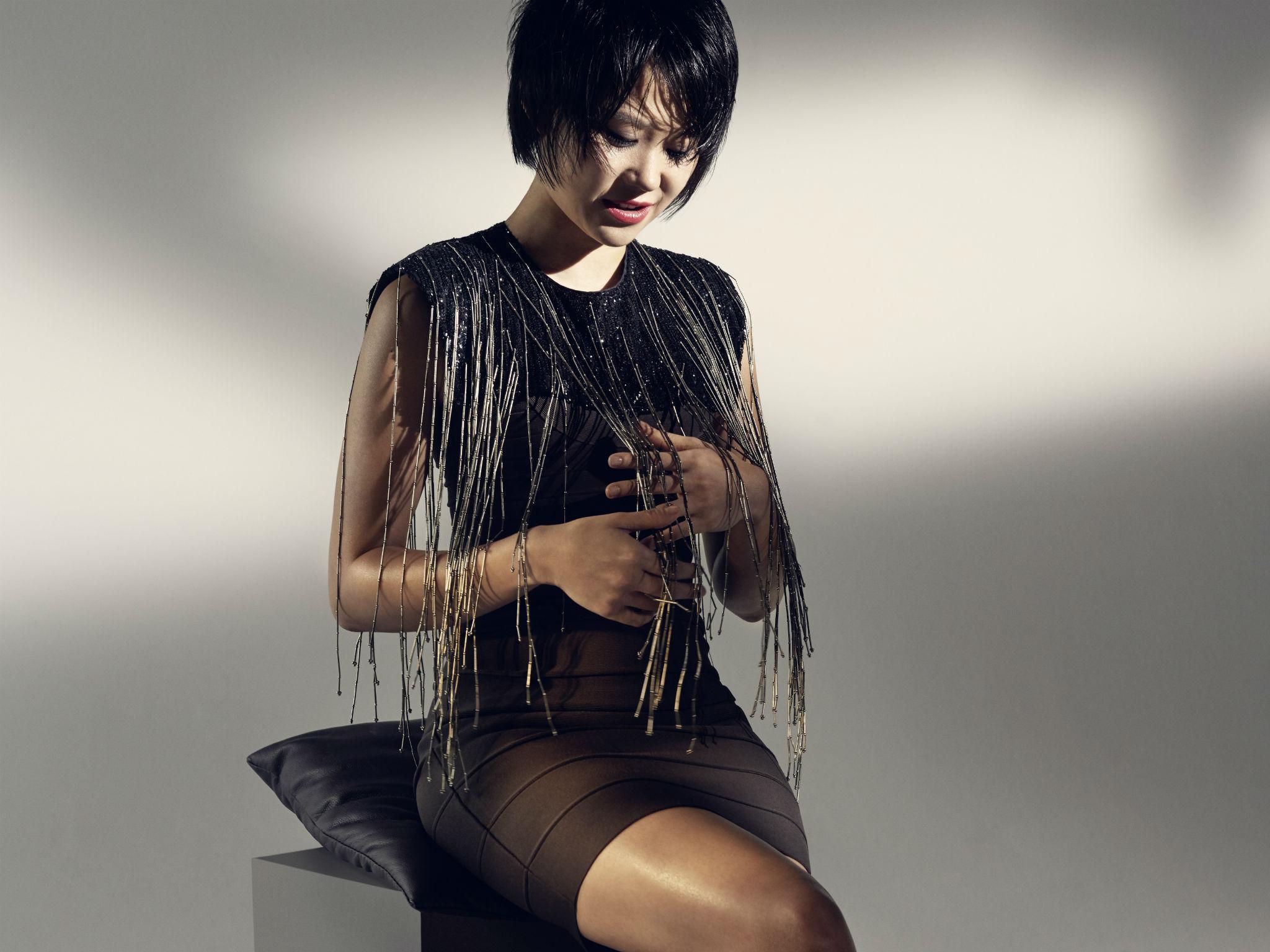Leonidas Kavakos/Yuja Wang, Wigmore Hall, London, classical review: 'A thrilling joint display'
Leonidas Kavakos and Yuja Wang played Debussy, Schubert, Janacek and Bartok

Wherever Yuja Wang plays she packs out halls – even, as on this occasion, when in a theoretically accompanying role. At first blush she and the Greek violinist Leonidas Kavakos looked an odd couple: she was got up as a glittering Suzie Wong mermaid, he was drabbed down in blue-collar mode. But each work in their programme had been chosen in part because they demanded an equality between the players, and in part because they created an illuminating sequence: Schubert’s “Fantasy in C D934“ and sonatas by Janacek, Debussy and Bartok all composed within the same seven-year period.
Kavakos began as a virtuoso violinist but is also a supremely accomplished chamber musician; Wang has unrivalled keyboard brilliance, but as a chamber player she is relatively untried. How would the partnership work? As a gamey symbiosis, was the answer. Freed from the usual burden of expectation that she should dazzle in every bar, Wang drew on subtler resources we didn’t know she possessed.
Janacek’s “Violin Sonata” is a palimpsest of fleeting ideas and effects with the players mostly working in sharp stylistic contrast; the sound-world is that of his operas, with the piano laying down a rich-textured carpet over which the violin turns eloquent tricks – in one movement a flurry of softly echoing bird-calls. Schubert’s “Fantasy” begins with pure enchantment – garlands of piano tremolos threaded round the violin’s song in a cool lunar light – before embarking on a lovely series of variations on Schubert’s setting of “Sei mir gegrüsst”. Wang’s playing was supple and expressive, taking just enough of the limelight to do her virtuoso part justice without overshadowing that of her partner.
Debussy’s “Violin Sonata in G minor” is a brightly-coloured procession of condensed and fleeting ideas, and Kavakos’s virtuosity was to be sensed, no matter how understated, in every bar. There were moments in Bartok’s “Violin Sonata No 1” when that composer seemed to be carrying on Debussy’s tonal experiments, and other moments when we were plunged into his own experiments with folk-dance tunes and rhythms; here both players offered full-on dazzle. In the grave dialogue of the Adagio the chaste beauty of Kavakos’s angular but singing line was offset by Wang’s gently ruminative chordal response; the allegro molto finale was a thrilling joint display in which she asserted ferociously percussive dominance over his whirling figurations.
After such a rich and variegated programme we hardly dared expect an encore, but we got a substantial one: in Szymanowski’s “La Fontaine d’Arethuse”, Wang’s delicate washes of colour and Kavakos’s phenomenally fine pianissimi created a diaphanous sheen. This odd couple should definitely stick together.
Join our commenting forum
Join thought-provoking conversations, follow other Independent readers and see their replies
Comments